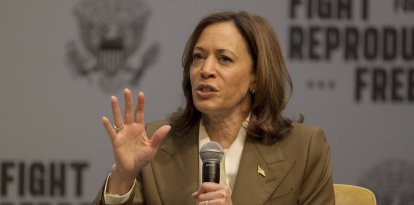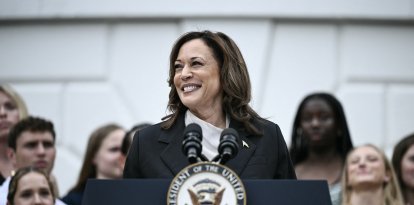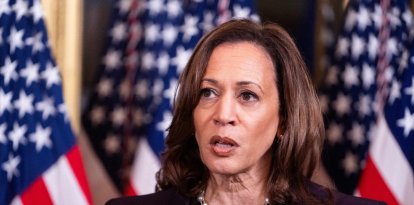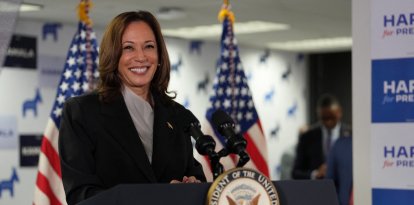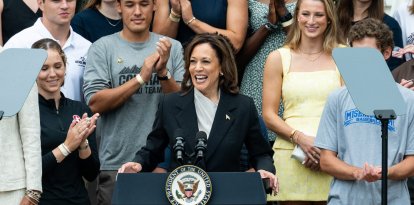Democratic Party acknowledges that it will be tough to gain senators in 2024 election
Gary Peters (D-MI), director of the Democratic Senatorial Campaign Committee, was not very hopeful about stealing seats from the GOP in the upper chamber.

Congreso/Wikimedia Commons
It is no secret to anyone that the Democratic Party faces an uphill battle to retain the majority in the Senate for the upcoming 2024 election. Currently, 51 Democrats outnumber 49 Republicans, which could change as of January 2025. Joe Biden’s party will have to defend six vulnerable seats, while the GOP will only focus on attacking. This defensive strategy was confirmed by the person in charge of putting together the electoral strategy, who acknowledged that they will concentrate on keeping the seats they already hold.
Just as Steve Daines (R-MT) chairs the National Republican Senatorial Committee (NRSC), the body charged with expanding the number of Republican senators and retaining existing ones, Gary Peters (D-MI) fills that role on the opposite side of the aisle. After overcoming expectations in the 2022 midterm elections, the Democrat was re-elected to a second term, the first to do so since Chuck Schumer in 2007.
Of course, the outlook for 2024 is far more daunting. The at least six vulnerable senators (Ohio, Pennsylvania, Montana, Ohio, West Virginia and Arizona) contrast with very little chance of taking seats away from the Republican Party, whose most “compromised” states would be Texas, Florida and Missouri. The Democratic Party has not seen victory in these states (at least in the Senate) since 1988, and 2012, respectively.
“Hold the incumbents, that’s my main focus. We obviously want to pick up as many seats as we possibly can … if there’s an opportunity to win, we’re going to take it,” Peters recently acknowledged.
Texas, Florida and Missouri are virtually untouchable for Democrats
While Ted Cruz had a close election in 2018, Texas still resists confirming its purple trend. Senator John Cornyn and Governor Greg Abbott won their recent 2020 and 2022 elections by a landslide. The Republican has already begun criticizing his potential rival, Colin Allred, as “too extreme for Texas.”
Democrats aim to repeat some things from 2018 (like Beto O’Rourke’s historic haul) and forget others (the outcome). “If Beto had run a more disciplined race, he could have won. I’m sure Allred believes ‘I’m the underdog in this.’ But he doesn’t need to go into it thinking, ‘I’m just the mission of mercy candidate.’” Tim Kaine (D-VA) said.
Florida looks even more difficult for the Democrats. Ron DeSantis’ victory in 2022 by nearly 20 points discouraged Democrats for the next few years. According to initial pollster predictions, Rick Scott will march comfortably to re-election. Among his main rivals, the local Democratic Party is trying to convince former Congresswoman Debbie Mucarsel-Powell to enter the race. Amidst the other candidates, the leadership sees her as the most worthy choice for the election.
The last case is Senator Josh Hawley of Missouri, who first came to the Senate in 2017 after defeating incumbent Claire McCaskill. Inside Elections rated the race a “solid red,” given that Eric Schmitt (R-MO) won his election last year by a nearly 14-point margin.
From the NRSC, they express nothing but confidence in the face of these three elections. “Hawley, Cruz, and Scott are taking their races seriously and have built extremely strong campaign operations to beat back the millions in attacks they will face from left-wing donors in New York and California,” Philip Letsou, the committee’s spokesman, said.













